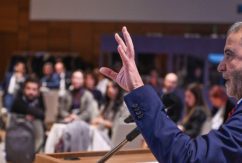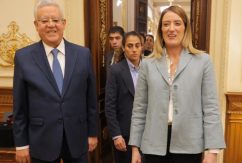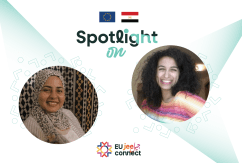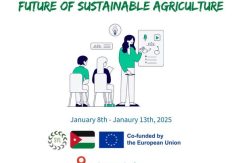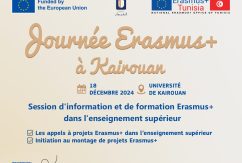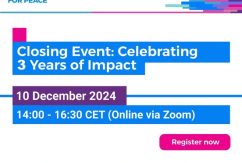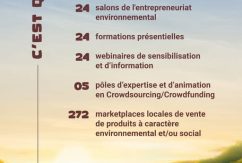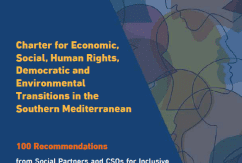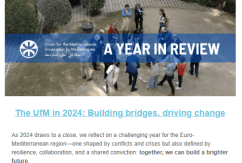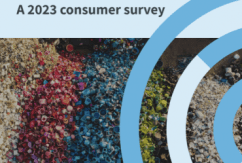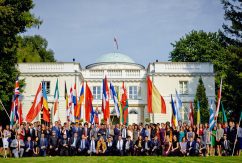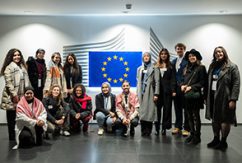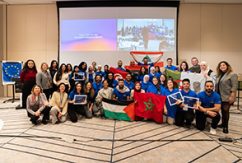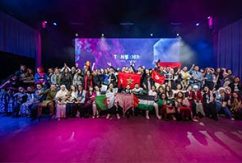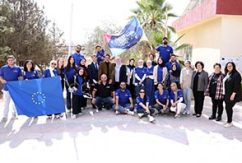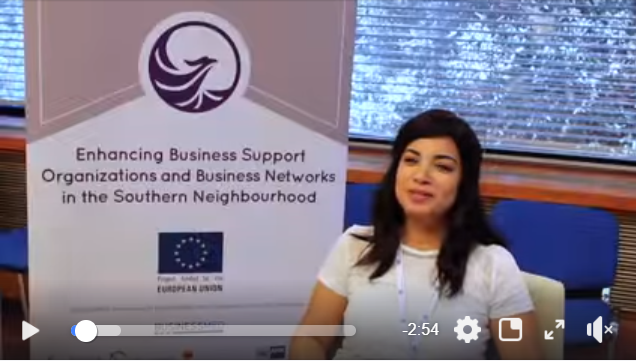Fostering monitoring and evaluation: an interview with ETF’s Abdelaziz Jaouani
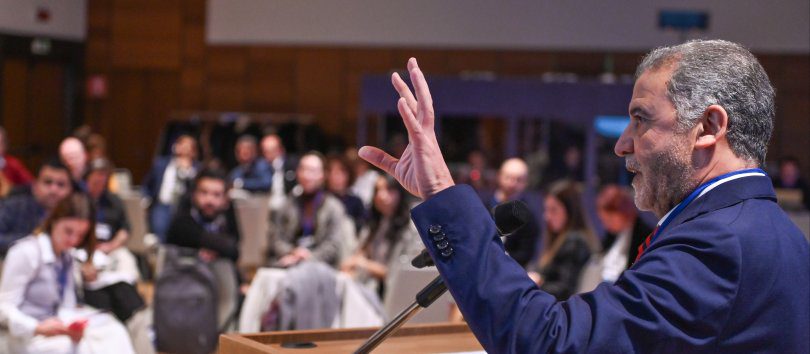
One of the ETF’s greatest strengths has always been the diversity of its staff. But even within the context of such a broad church, Aziz Jaouani’s background stands out. With educational credentials that take in a degree in physics, a masters in nuclear physics, a diploma in engineering from the Lyon school of textiles and clothing, and another diploma in business management, Aziz would not appear predestined for his role as the ETF’s Senior Human Capital Development Expert specialising in Lifelong Learning Policies.
Despite his diverse responsibilities and experience within the ETF, the Torino Process is something that retains a special place in Aziz’s heart. Launched in 2010, the Process is a participatory and evidence-based analysis of VET policies in a given country. Every two years, the ETF invites its partner countries to analyse progress in their VET policies and systems. Its added value lies in the fact that it embeds VET within the socioeconomic context. In addition, the Torino Process informs the ETF’s recommendations to the EU’s external assistance instruments and serves as a basis in designing the ETF’s support strategies for partner countries. For all of these reasons, Aziz thinks the Torino Process is a precious resource that need to be protected. “More than any other, it’s the process which links the ETF interactively with all its partner countries,” he explains.
At a time when the ETF is being encouraged to take on a more global role, Aziz believes it is also crucial to retain a focus on the EU neighbourhood countries that constitute the core of the organisation’s mandate. That belief underlies his current role in the Torino Process. While the mandatory Level 1 monitors general progress in VET and lifelong learning, Level 2 investigates specific thematic areas requested by the country in question. After assessing the factors at play in the chosen area, the existing policies in place, and any eventual gaps between the two, the ETF team makes policy recommendations whose possibilities of implementation are then discussed with the local actors – “the most important part of the process” according to Aziz. “Level 2 is more interactive,” he says, “it’s what keeps us in contact with the local policy-makers and practitioners.”
